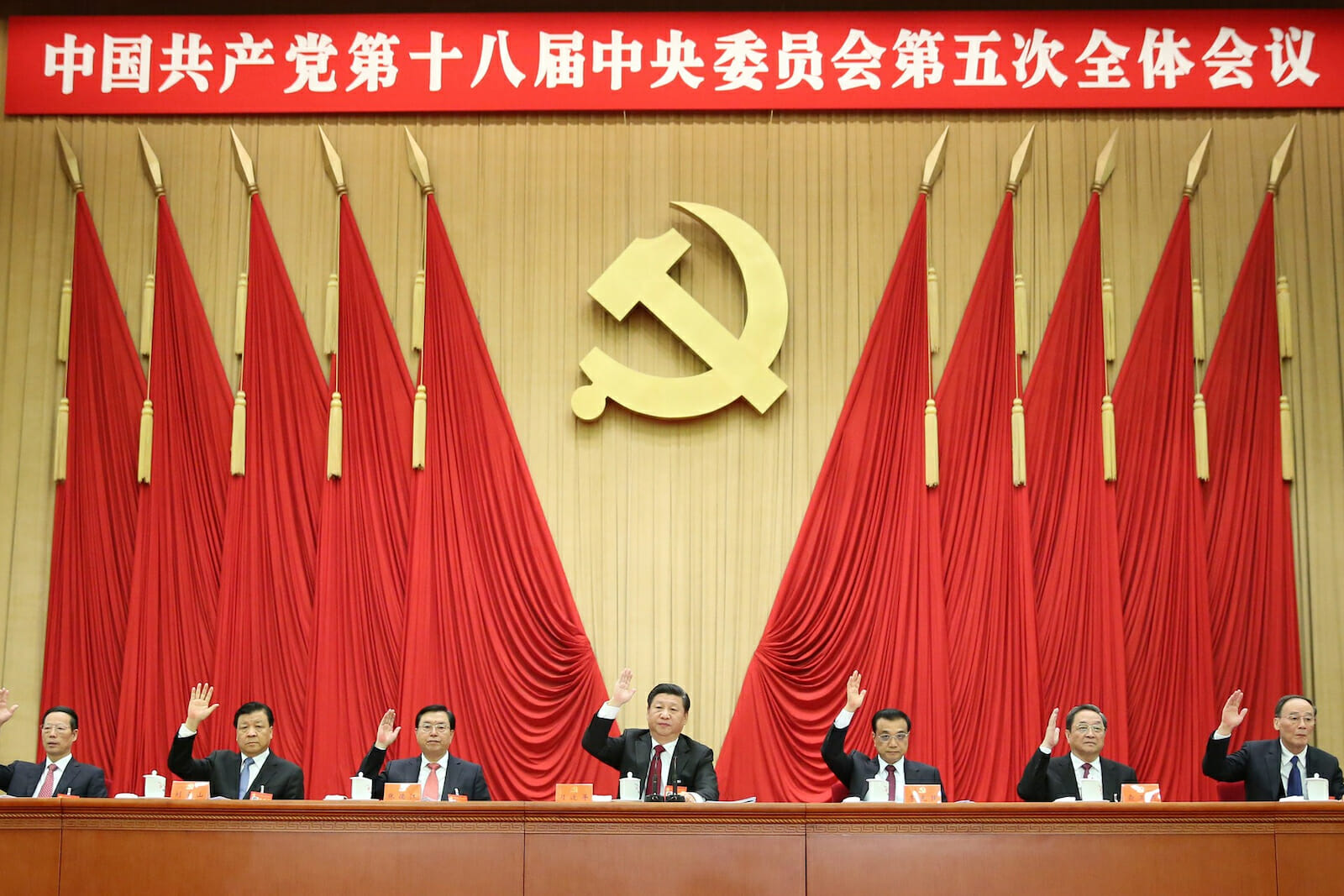
Is Glaxo Bribery Emblematic of China?
Public outrage is mounting over the recent revelation about GlaxoSmithKline’s bribery and corruption scandal in China. At least 18 people were arrested including senior GSK personnel (British and American nationals) and local Chinese doctors.
The image of a large British pharmaceutical company bribing local officials and doctors has caused outrage in China’s media and has painted the picture of a big western multinational that has sought profits over the health and safety of the Chinese citizenry. As any public relations expert in China will tell you, this narrative in the media can very quickly spin out of control. The result is that other foreign multinationals are scrambling to hire risk consultants to do their own damage assessment.
While it may seem an unlikely story in the midst of other massive headlines about NSA Leaker Edward Snowden and his flight to Hong Kong and then to Moscow, there are some interesting details with the GSK corruption scandal and the role it will have on relations between China, other states and MNCs. According to Xinhua News Agency and statements by the Ministry of Public Security, GSK had been bribing doctors, both financially and in other ways, to prescribe their drugs for their patients. The payments to the doctors were made through travel agencies and totaled approximately $450 million. Moreover, it is precisely this corruption that lead Yu Mingde, Chief of the Chinese Pharmaceutical Enterprises Association, to assert that roughly 20 percent of the cost of typical medication is bribery related.
One cab driver in Shanghai joked with me that GSK managers had simply not “paid enough” in bribes being handed out and that other companies were probably more sophisticated with their bribery.
Multinationals have been flocking to China for the better part of two decades. Partnering with Chinese firms in joint ventures has garnered results due to the access and partnership that has benefited their firms. While there have been doubts about the efficacy of retaining intellectual property rights in China, those concerns seem to have been cast aside as China’s economy consistently witnessed growth of over 8 percent a year. That said recent predictions about a 3 to 4 percent growth rate have caused alarm bells to ring.
In essence, these multinationals followed the U.S. model whereby pharmaceutical companies developed a cozy relationship with doctors, sponsoring lavish conference trips. Beijing’s shift to prosecute this kind of behavior indicates a shift in China’s handling of foreign firms in sensitive markets like healthcare. This heralds a harsh wake up call for the western firms who are doing business in China who must contend with Chinese competitors who do not always play by the same rules as their western counterparts. Inherent in the Chinese system, local firms have a greater advantage in their ability to rely on “guanxi” (connections). With such a vast network and such an incredible sum of money that GSK has fronted, it illustrates just what a huge market potential there is in China for consumer drugs with its aging population and an increasingly prosperous Chinese middle class. Foreign firms will keep pushing new drugs into China despite the threat from generic drugs and seemingly unfair policies against foreign firms.
In instances where foreigners have broken the law in China, Beijing is best served by appeasing its citizens and following the letter of the law. For instance, it is quite common for China to execute drug offenders, and despite public opposition from the UK to the execution of a British man for drug-related offenses, he was nonetheless showed no leniency and executed in 2009. Since this was such a high profile case for human rights campaigners who painted the picture of a mentally ill man, it will be interesting to see whether the parties involved in GSK will warrant any sympathy from the public and what type of media narrative will evolve.
What is the end game is for the foreign pharmaceutical companies operating in China? Aggressive entry into the China market has left many gaping holes for potential growth for local Chinese pharmaceutical companies. With their own expanding war chests, I would hasten to guess that GSK competitors are either trying very hard to cover their tracks or are marching full steam ahead and deepening their ties with China. Regardless, the ongoing fallout from the GSK debate surely will give pause to any foreign staff when they could end up in a Chinese prison.

